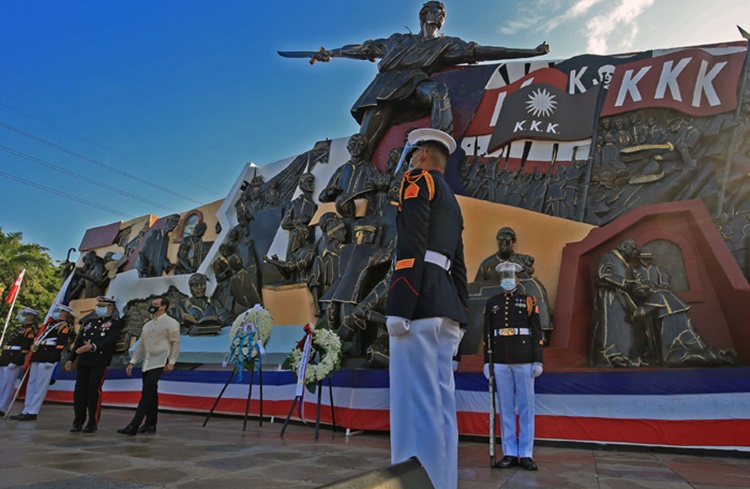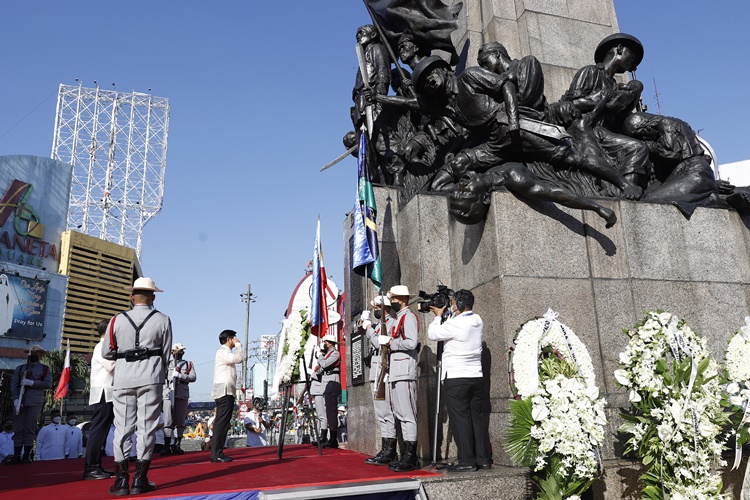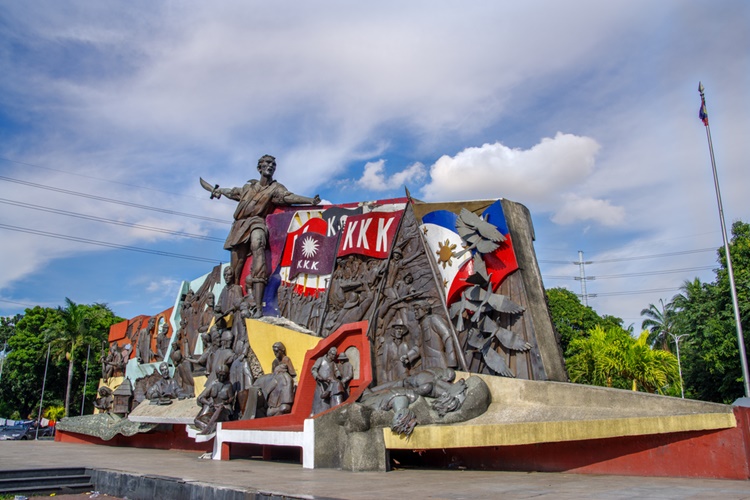BONIFACIO DAY – Here is the interesting story behind this Philippine holiday that most Filipino probably didn’t know.
Bonifacio Day is one of the most significant holidays in the Philippines, celebrated every November 30. This day honors Andrés Bonifacio, a key figure in the country’s history who played an important role in the fight for independence from Spanish rule.
Bonifacio Day isn’t just another day off; it’s a day that carries deep historical significance. It marks the birth of Andrés Bonifacio, often hailed as the “Father of the Philippine Revolution.” Unlike Rizal Day, which commemorates the death of José Rizal, Bonifacio Day celebrates his birth and the impact he had on the nation’s journey toward freedom.

This day stands out among Philippine holidays because it focuses on the life and contributions of a revolutionary hero who was instrumental in igniting the flames of rebellion against Spanish colonization.
Bonifacio’s efforts laid the groundwork for the eventual independence of the Philippines, making him a symbol of the country’s enduring spirit of resistance and nationalism.
History
The holiday’s roots can be traced back to 1921, when November 30 was first recognized as a special day to honor Bonifacio. The formal declaration of Bonifacio Day as a national holiday was established under Act No. 2946. President Elpidio Quirino later separated it from National Heroes’ Day in 1952, solidifying its unique place in Philippine history.

Origin
Bonifacio’s story is one of humble beginnings. Born on November 30, 1863, he was largely self-taught and worked as a warehouseman to support his siblings after their parents’ deaths. In 1892, he founded the Katipunan, a secret society that aimed to overthrow Spanish rule and establish an independent Philippine republic.
The Katipunan’s discovery by Spanish authorities in August 1896 led to the outbreak of the Philippine Revolution.
Bonifacio’s execution in May 1897, alongside his brother Procopio, marked a tragic end to his life but not his legacy. His ideals of equality, justice, and national pride continue to resonate with Filipinos today.
The celebration of Bonifacio Day is not just a remembrance of his contributions but also a reflection of the ongoing struggle for social justice in the Philippines.

